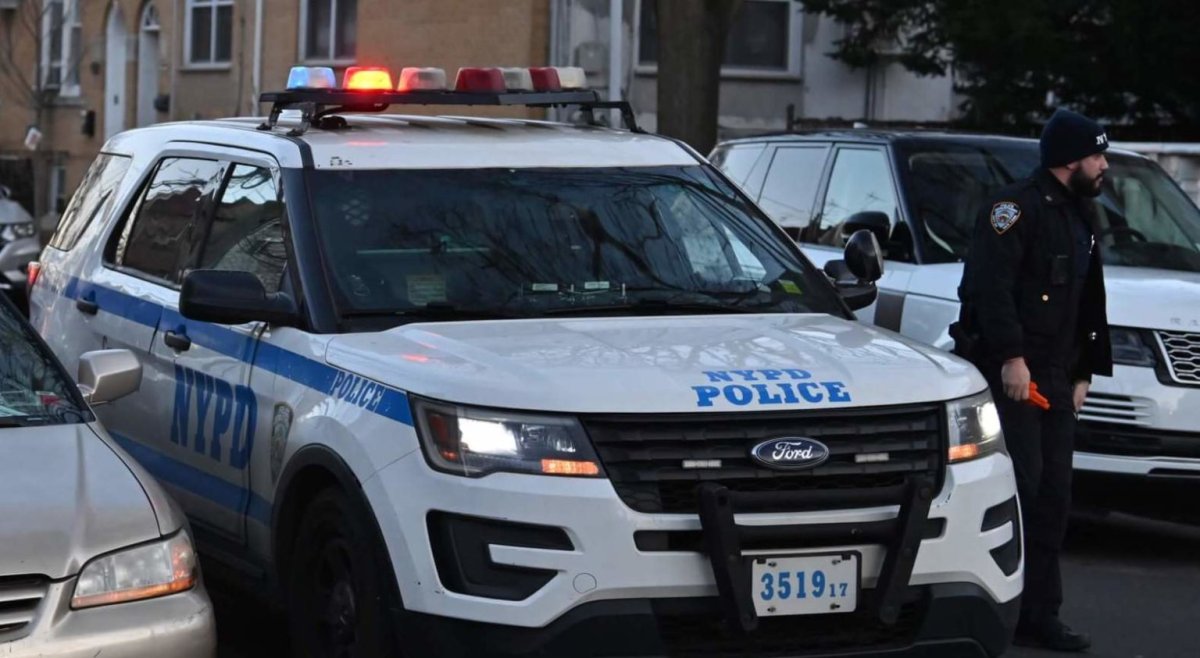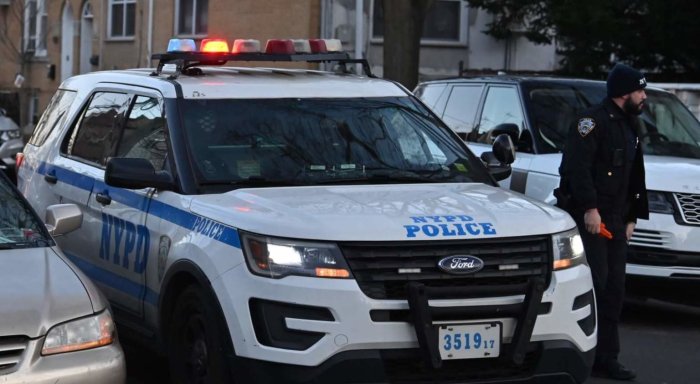
“People in this city,” said the Republican challenger, “they’re not looking for a social experiment. They’re looking for their city to be managed.”
That was Assemb. Nicole Malliotakis during an interview with amNew York’s editorial board on Monday, but it might have been any candidate jabbing at an incumbent by promising to bring the basics back to voters: “Make sure the streets are safe and clean, that the trains are moving, that the traffic is flowing,” that schools are good and city services function, Malliotakis vowed.
That’s the gist of what Malliotakis calls her non-ideological campaign against Mayor Bill de Blasio. Her challenge over the next month: convincing voters that the basics are missing.
Her pitch to voters
Malliotakis has tried to do that in a number of areas, mental health among them. There’s a bipartisan consensus that individuals’ mental health issues exacerbate city problems like homelessness and public safety — and that de Blasio has spent millions on related outreach and counseling initiatives with mixed results.
Malliotakis calls the efforts fruitless, and has proposed a 12-step plan she’d fund instead — one of her more fleshed-out policy proposals. Yet rather than bold new initiatives, the plan largely calls for more of what we already have: working with nonprofits to expand services, for example, plus further enforcement of existing laws and add some outreach teams that have been operating under de Blasio.
One telling part about the plan, however, is the way it explains why mental health is a crisis in NYC. There are statistics showing the large number of mental health patients in the city, but also a page of anecdotes: people with mental health difficulties who made the news for various tragic or tabloid-foddered reasons.
Malliotakis continued this pattern in her interview with the editorial board. When asked about why she believes Rikers Island should stay open, she noted the July story of an escapee who didn’t make it far, because of all that water.
She illustrated her mental health plan with the March story of the man accused of hijacking an FDNY ambulance and fatally mowing down Bronx EMT Yadira Arroyo.
She noted increases in felony and misdemeanor sex crimes, which have gone in the opposite direction as murders and shootings. Malliotakis cited the harrowing recent story of a woman who left church and was allegedly sexually assaulted by a group of men in Queens, but she said “I don’t know” why those particular crimes were increasing.
The boroughs aren’t burning
Disturbing anecdotes make for good campaign lines and shorthand for “the bad old days” returning, an effective campaign strategy in the past, but NYC isn’t a city on fire.
In a Quinnipiac issues poll in October, 59 percent of registered voters were somewhat or very satisfied with the city’s direction. There are large parts of the city where that’s not the case and where major problems endure, but motivating those and other voters may require specific plans and promises in addition to stories.
There are real differences between de Blasio and Malliotakis, from their positions on how much the NYPD should cooperate with federal immigration officials to her disagreement that offenses like public urination and intoxication are now largely treated as civil issues rather than criminal, for example.
Oh, and the little issue of her vote for President Donald Trump, which de Blasio has trumpeted and she now refers to with tight-lipped passivity: “The vote’s the vote.” (She has criticized Trump at times since the election, including his ban of transgender military recruits, despite her voting against marriage equality in New York in 2011).
But in some of the granular areas of city management Malliotakis is in the same realm as the mayor, even if she’d tweak.
She wants more affordable housing but still supports his rezoning initiatives “to an extent.”
She likes the ferry system de Blasio has rolled out (she thanks Bloomberg for the idea). She’s on the same page with the mayor’s community policing initiative. She hasn’t rolled out big plans of her own in these areas.
Instead, the individual anecdotes take their place.
































